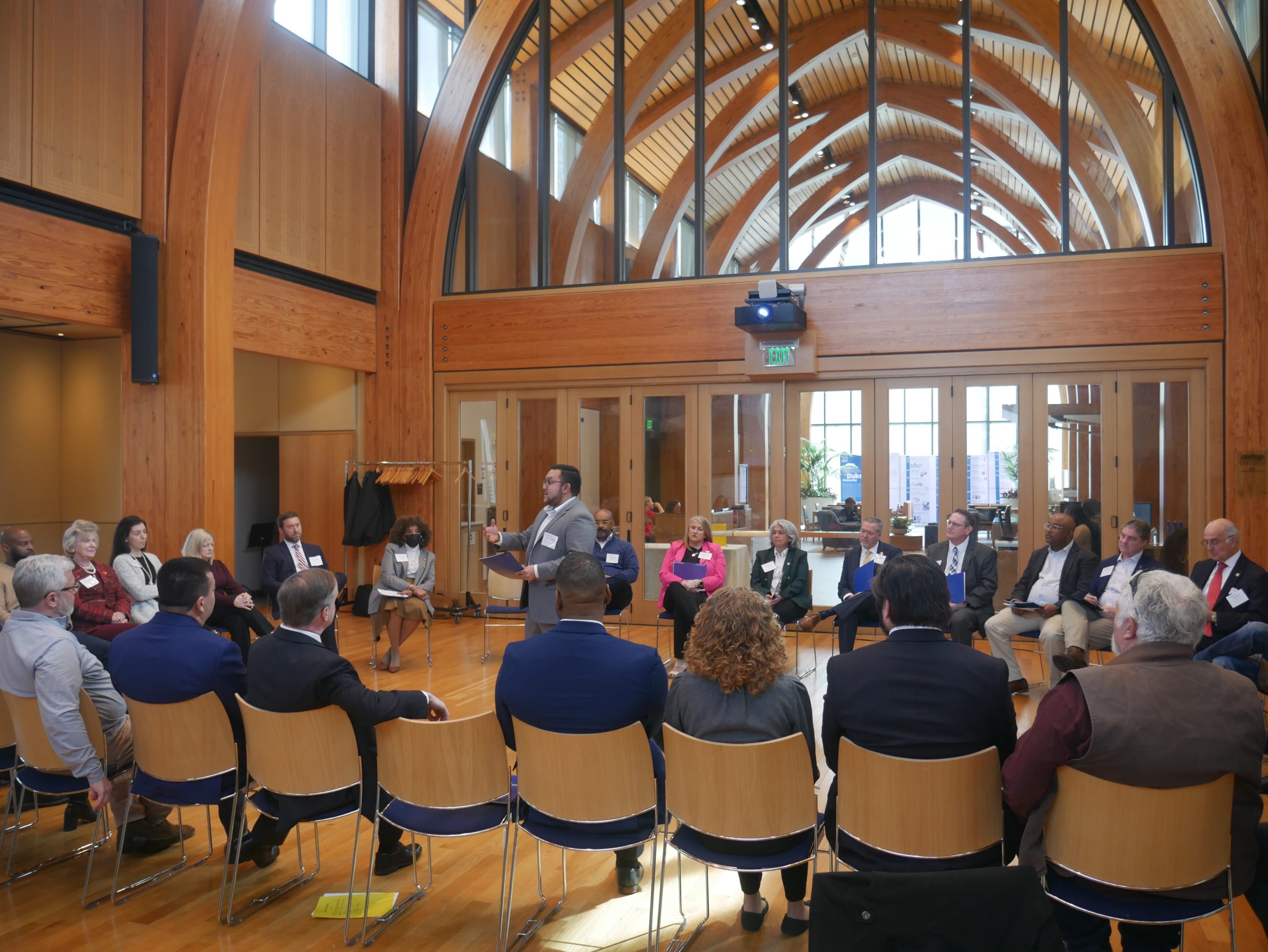Key Initiatives
AI in the Criminal Legal System
We work to ensure AI in the criminal legal system is used fairly and transparently. The Center advocates for “glass box” AI—designed to be fully interpretable by people—that protects due process and constitutional rights. Additionally, we evaluate emerging AI tools, such as ShotSpotter technology, to determine their effectiveness and impact on communities.

Behavioral Health, Diversion, and Reentry
We interrupt the cycle of incarceration and improve community safety by providing research and policy recommendations on deflection, diversion and reentry. We evaluate the effectiveness of promising deflection and pre-arrest diversion programs and recommend policies in line with those findings. Further, we collaborate with partners to identify and assess the range of supports needed to increase reentry success.

Reducing the Use of Fines, Fees, and Collateral Consequences
The scale of court-related debt in the United States has exploded, with local, state and federal courts imposing billions of dollars in fines and fees. Much of this debt stems from minor offenses like traffic infractions, yet the consequences can be devastating. We study how fines and fees create cascading problems—driver's license suspension, food and housing insecurity, job loss—and translate our findings into policy recommendations that reduce these harms.

Advancing Fair Sentencing
Despite ample evidence that long sentences do not enhance public safety, people continue to be sentenced to lengthy sentences that can span decades, including life without parole. We research the scope and impact of extended incarceration, design mechanisms for sentencing relief and second chance opportunities, and work with people impacted by long sentences to advance policies to improve fair sentencing.

Our Work in North Carolina
The Wilson Center is deeply committed to improving the criminal legal system in our home state of North Carolina. We believe that meaningful change starts locally. Across the Center, we partner with state agencies, local government, and community organizations to drive evidence-based solutions.

